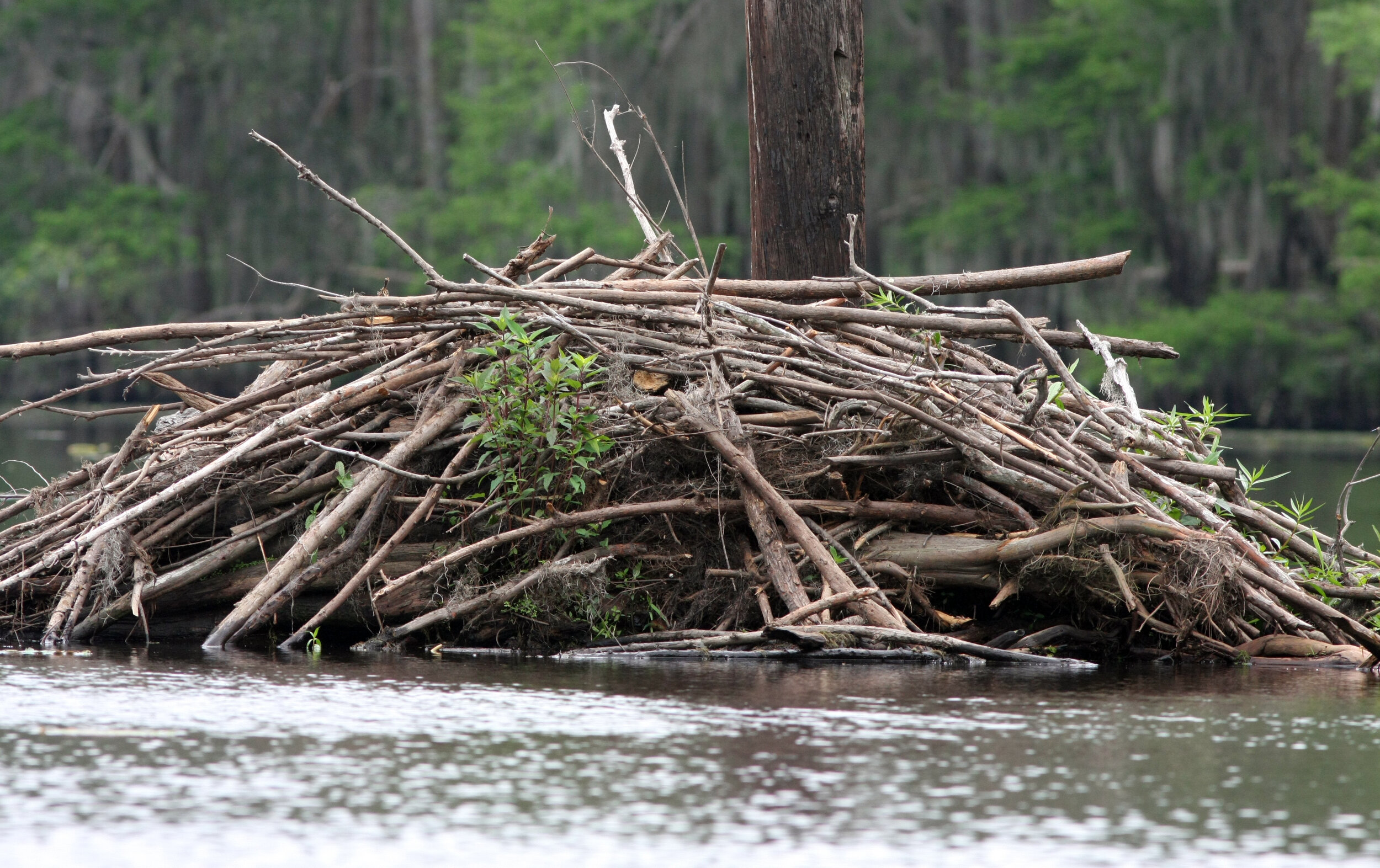What is net-zero?
The term “net zero” gets thrown around a lot these days. Academic and scientific communities use it frequently in conversations about climate change, and the general public hears “net zero” often on the news.
What is actually meant by this increasingly popular term?
Defining Net Zero
Net zero means nothing and everything all at the same time. It means contributing nothing to global warming. And that’s what will make all the difference.
Let’s start by defining the problem net zero is meant to counter: climate change is being triggered by excess greenhouse gases (such as carbon dioxide and methane) in the atmosphere. While it’s not realistic for humans to completely eliminate all of the greenhouse gases we produce, we can work to counterbalance our actions.
Net zero means for every molecule of greenhouse gas that humankind puts into the air, we also remove one. We need to pull just as many emissions out of the atmosphere as we pump into it, making our net emissions zero.
It’s a two-part fix:
Collectively lower emissions from industrial and agricultural processes, as well as those produced from power generation and transportation. This involves minimizing the use of coal, oil, and gas, and instead investing in widespread clean energy and electric vehicles.
Remove greenhouse gas emissions from the atmosphere. This can be achieved by protecting forests, planting more trees, and/or employing innovative direct air capture and storage technologies.
Why Is Net Zero So Important?
As a society, we must drastically reduce greenhouse gas emissions to stop global warming. Global gas emissions need to be slashed in half by 2030 and reach net zero around mid-century. The good news is that over 120 countries and many large companies have made public commitments to achieve net-zero target emissions.
By reaching net zero emissions, our planet can finally start to heal. People (especially future generations) will be at less risk of dangerous wildfires, extreme heat waves, droughts and floods, all of which are consequences of human-created climate change.
Net zero is our best chance for a sustainable future. And it’s within our reach.

